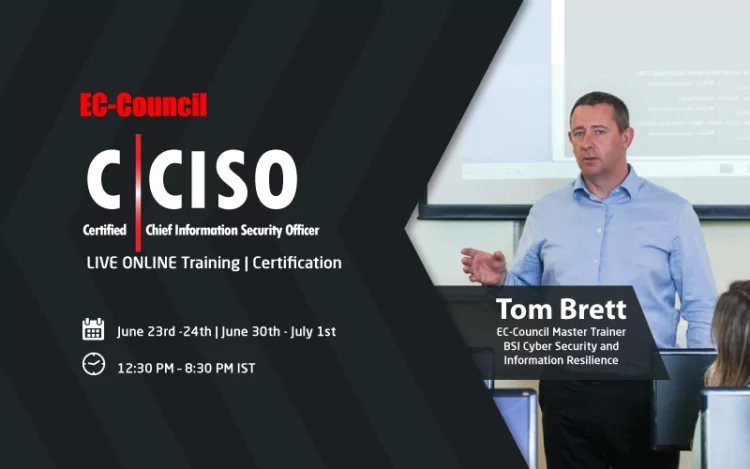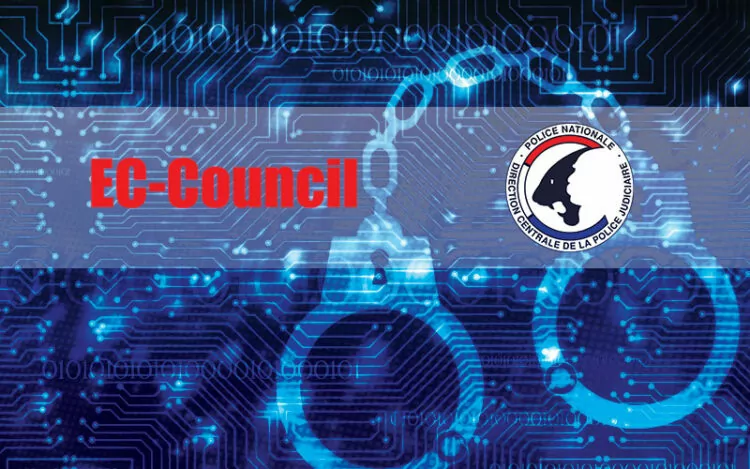The Alpha and Omega of Application Security Training: EC-Council’s New Application Security Engineer Credential, CASE
EC-Council, the world’s leading information security certification body, in its global mission to mitigate risks from cyber attacks, has introduced a brand-new application security training and certification program – Certified Application Security Engineer (C|ASE) for .NET and Java programming languages, on 20th June, 2018, in their live webcasted global launch. This program is said to…
Read article









